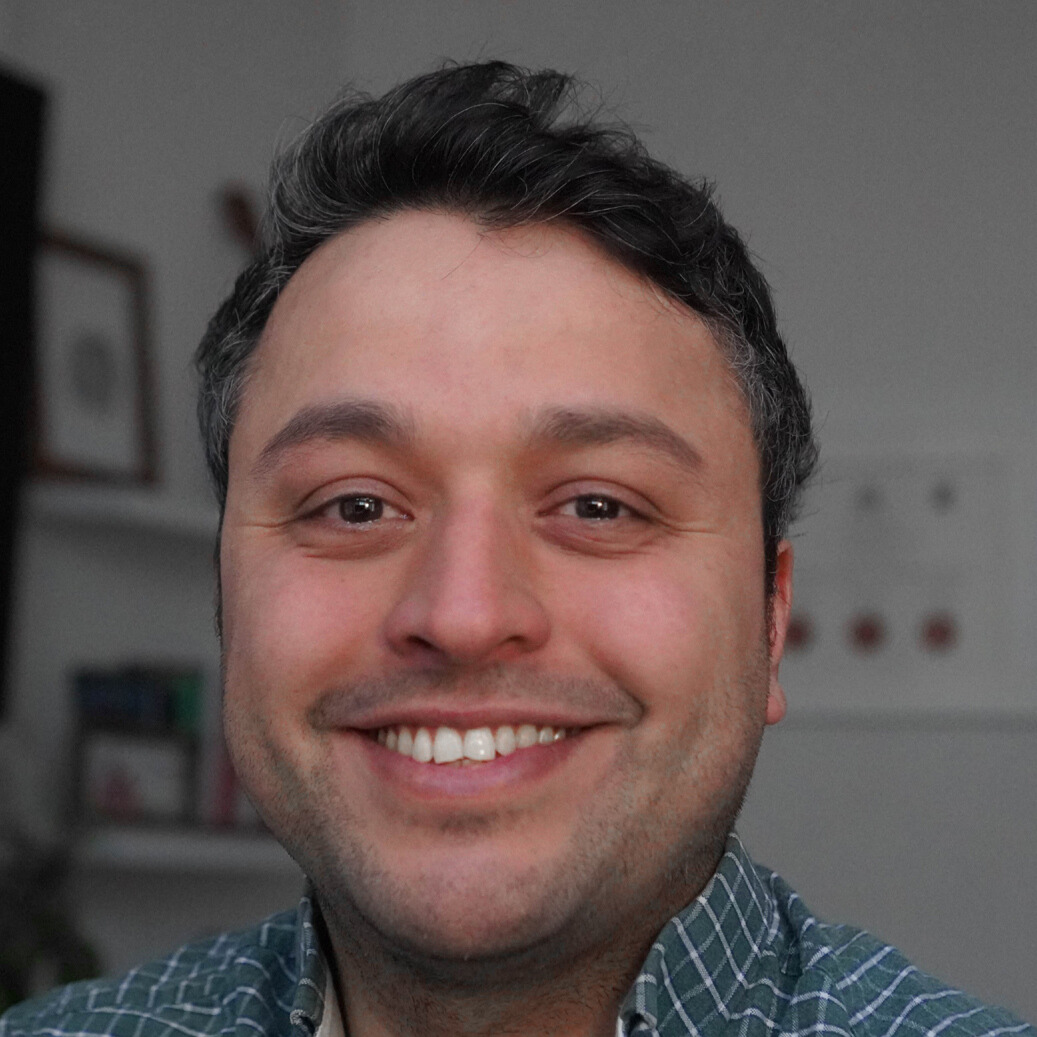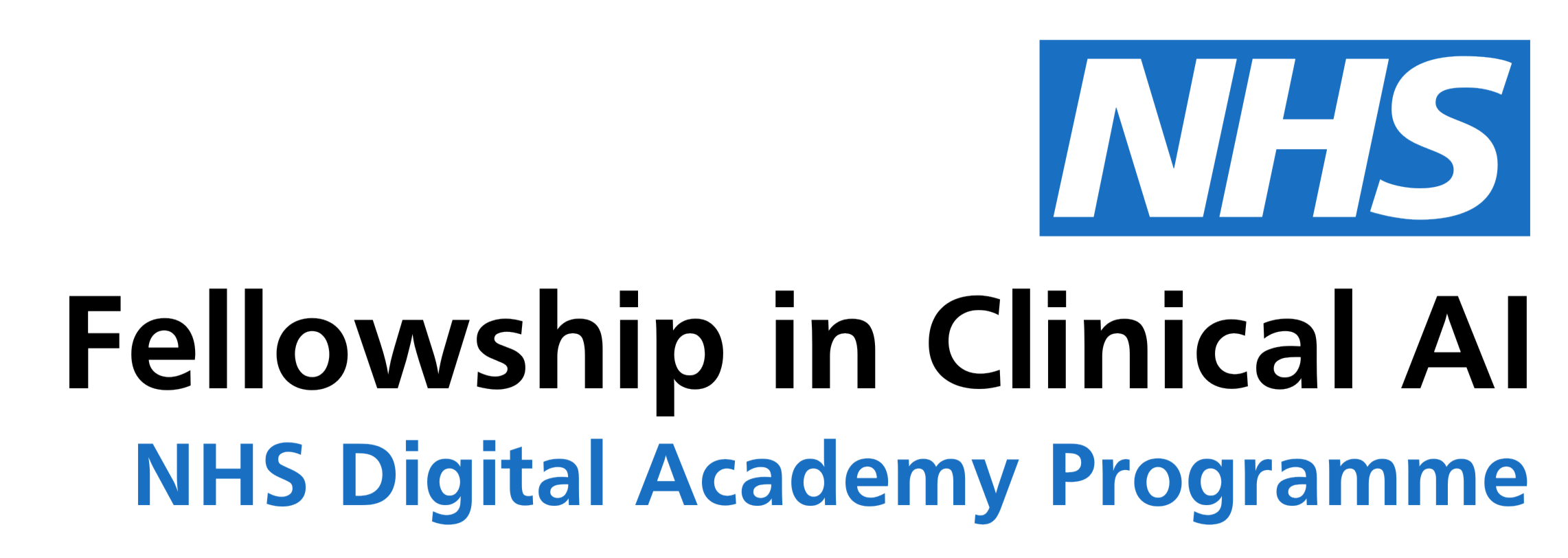
Vadir Baktash
Fellow in Clinical AI, Cohort 3
Fellowship Bio
Cardiology registrar in Wessex, exploring where clinical insight meets code. I’m fascinated by how AI can transform cardiac imaging, and I’m working towards a career as a clinician-researcher.
Fellowship Project
Oesophageal cancer MDT tool: Creating an in-house model, using research developed tool, to predict outcomes in the Oesophageal Cancer MDT
University Hospital Southampton NHS Foundation Trust
This project aims to bridge cutting-edge machine learning research with real-world clinical practice. We’re taking an outcome-predicting AI model, originally developed by researchers at the University of Southampton to support decision-making in oesophageal cancer multidisciplinary team (MDT) meetings, and turning it into a user-friendly web app for clinicians. The goal is to deploy it in “shadow mode” (running silently alongside clinical decisions), to test how well it works and whether it could support future clinical care. I’ve helped shape the project from the ground up, defining the study design, collecting real-world data, and creating feedback tools for both patients and clinicians. I’m also working closely with the developers to ensure the app fits seamlessly into clinical workflows, providing the frontline clinical insight needed to make the tool practical and safe. So far, the app can accept patient data and generate predictions in a clinician-friendly format. We’ve started running it in shadow mode, gathering valuable data on its performance and usefulness. The next steps include completing several hundred test cases and developing a formal protocol to guide safe AI deployment across the trust in future projects.
Fellowship Testimonial
This fellowship was a major turning point in my interest in clinical AI. It helped me move from being someone involved in occasional research to someone contributing to broader conversations about AI development, regulation, and safety. I had incredible opportunities to engage with industry partners, contribute to policy work led by the Royal College of Physicians, and most enjoyably, become part of a thoughtful and dynamic cohort. Our discussions often spiralled into deep conversations about the technology itself, its philosophy, and the wider implications for healthcare and society. What I valued most was the sense of belonging to a community that thinks critically and creatively about the future. The experience has inspired me to take a much more active role in AI research. I no longer feel like a newcomer, but rather someone ready to lead projects. I’ve started developing my own AI app, and I am now preparing to pursue graduate study to deepen my expertise and expand the impact of my work.


